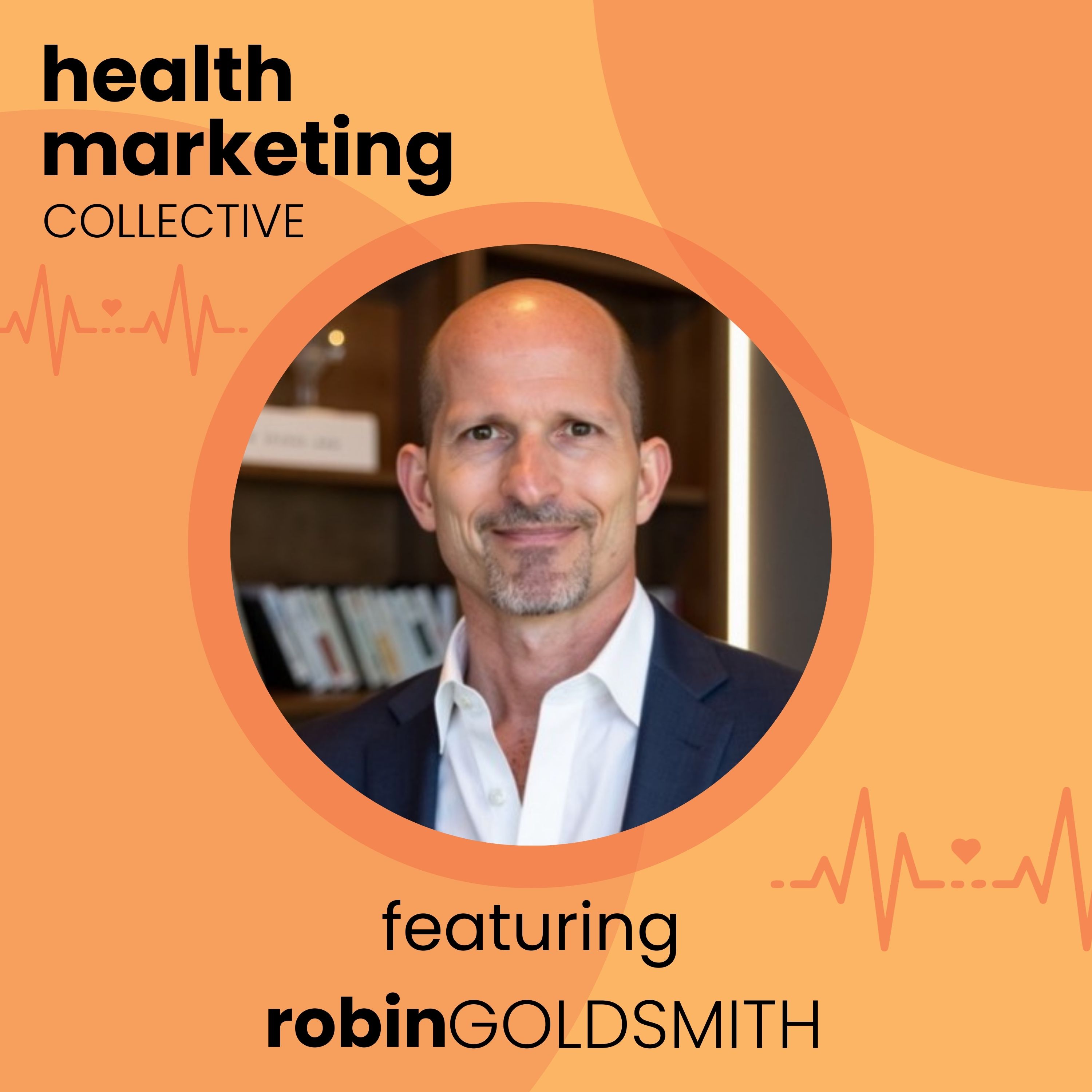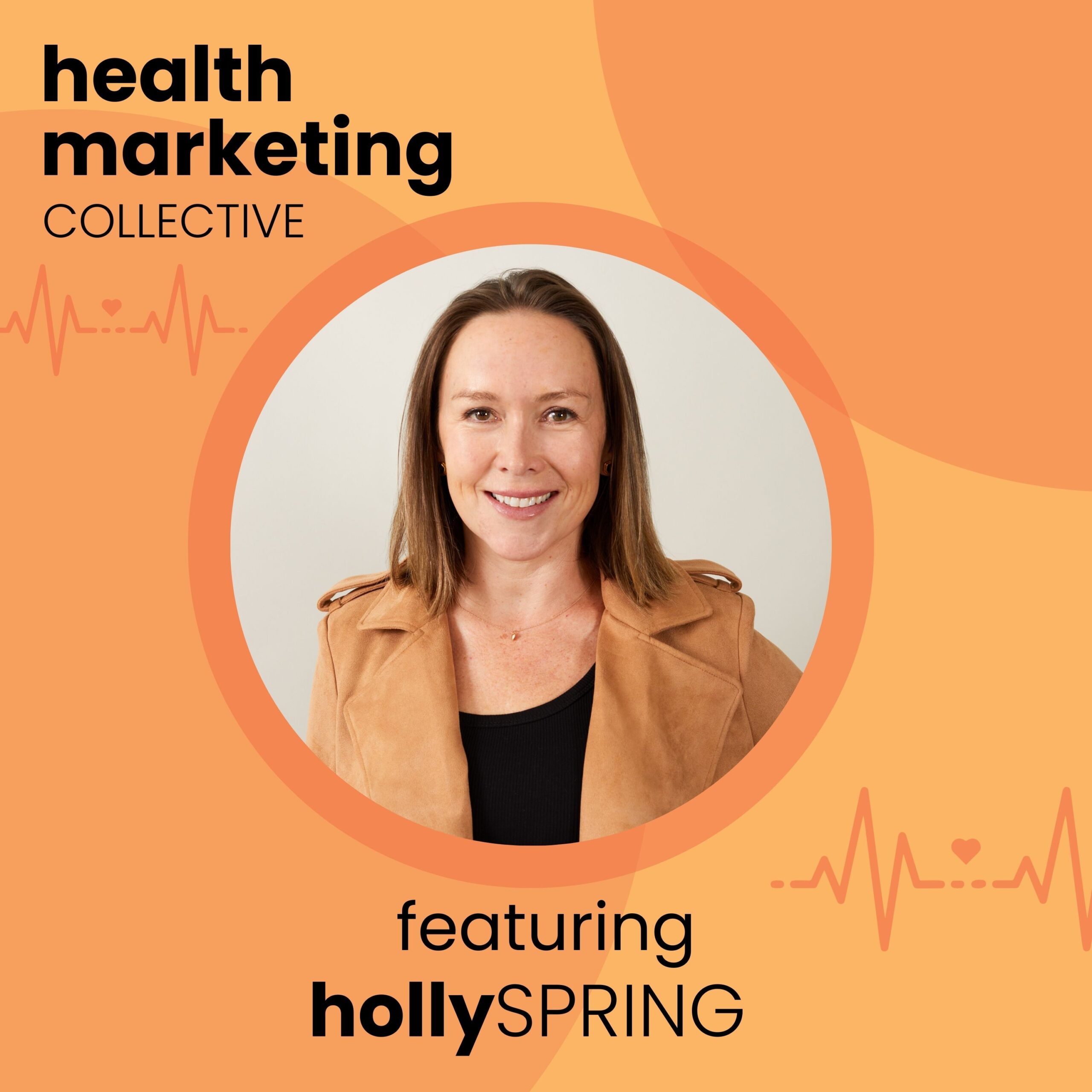Welcome to the Health Marketing Collective, where strong leadership meets marketing excellence.
This is the first episode in our Be Bold miniseries and we are thrilled to host Dan Reilly, a renowned market research strategist and advisor, to discuss the evolving landscape of market research, especially in the context of mental health and anxiety—issues significantly amplified by the COVID-19 pandemic.
Dan emphasizes the importance of a meticulous approach to market research that goes beyond traditional quantitative and qualitative methods. He also projects that while AI will continue to grow in utility, it will not dominate market research soon. Instead, experiential marketing will become increasingly significant.
The discussion highlights how understanding the audiences’ emotional and contextual experiences is paramount, and why marketers must ask the critical question: “What’s it gonna take for you to buy my product?” This episode is packed with insights on how to effectively engage with specialized clinician audiences and the crucial balance between research time, speed, and quality.
We dive deep into examples that show the practical implications of nuanced market research—from understanding parents’ challenges with celiac disease to addressing vaccine mistrust among African American men. Each example underscores how strategic, empathetic research can lead to transformative insights and actions.
Thank you for being part of the Health Marketing Collective, where strong leadership meets marketing excellence. The future of healthcare depends on it.
Key Takeaways:
- Holistic Market Research Approaches: Dan Reilly stresses the need for intricate market research beyond just quantitative and qualitative methods. He highlights the importance of exploring and validating findings to gain a comprehensive understanding.
- Experiential Marketing Over AI: As much as AI is pivotal, Dan predicts that it’s experiential marketing that will take precedence in the near-term future. Marketers need to create immersive and meaningful experiences for their audiences.
- Understanding Emotional Context: A significant portion of the discussion is devoted to appreciating the emotional and contextual layers of consumer experiences. Whether it’s how patients feel during an MRI or parents’ challenges with celiac disease, understanding these dimensions can lead to valuable, actionable insights.
- Targeted Outreach and Education: Combining insights on vaccine mistrust among African American men with targeted outreach by sports organizations resulted in a 10% increase in vaccinations. Dan underscores the importance of effective communication and relational trust-building.
- Choosing the Right Research Design: Sara Payne emphasizes that the desired insights drive the choice of research design. Whether dealing with complex emotive issues or seeking high-level quantitative data for board decisions, selecting the appropriate methodology is crucial for yielding relevant insights.
This episode of the Health Marketing Collective provided invaluable perspectives on modern market research in the healthcare industry, reinforcing the need to remain adaptable, empathetic, and strategic in a rapidly changing world.
 About Dan Reilly
About Dan Reilly



